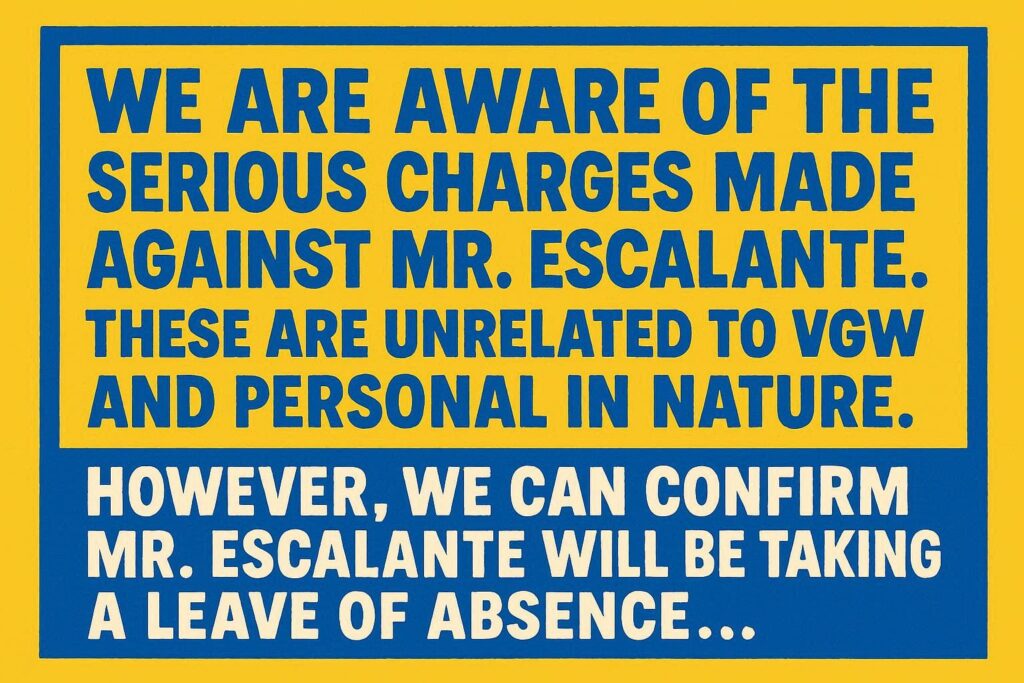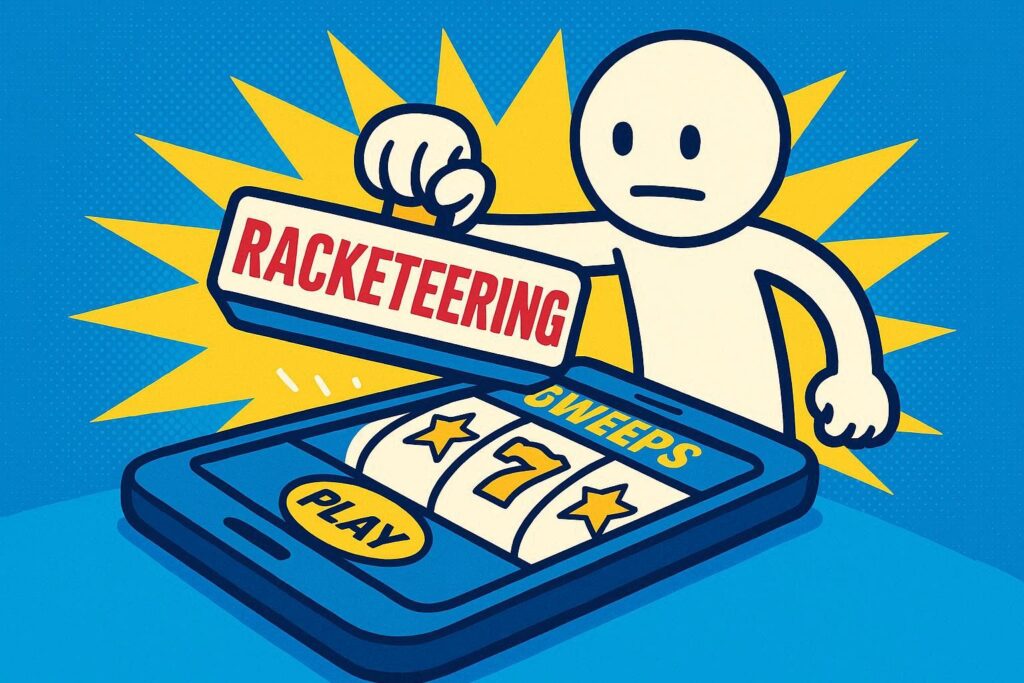On Monday, Amazon Web Services (AWS) experienced a major outage that caused widespread disruptions. This impacted Modo Casino around 3 a.m. Eastern Time and it lasted until 4 p.m.
The outage was not caused by a cyberattack, though, Modo Casino wrote in an email to players.
“This global issue affected many companies, including Amazon’s own services, and unfortunately impacted Modo Casino as well,” the email read. ” … Please note: the outage was not caused by a cyberattack and did not pose any security risk to Modo Casino or any other affected companies. It was a technical infrastructure failure within Amazon’s systems.”
Modo Casino also posted on their Facebook page: “Apologies to those affected on our platform by an outage from Amazon Web Services, and we appreciate your patience. Our product should be fully restored now, but please reach out to CS ([email protected]) with any questions you may have!”
Cyberattacks have become more common in gaming industry
One of the most high-profile cyberattacks happened in September 2023 when an attack on Caesars Entertainment and MGM Resorts took most of the Las Vegas Strip’s casinos and reservation systems offline.
Boyd Gaming Corporation was the latest high-profile gambling target of cybercriminals. The company revealed in a filing with the U.S. Securities and Exchange Commission (SEC) on Sept. 23, 2025 that its internal systems had been breached, which allowed unauthorized actors to steal confidential data.
The company acknowledged that details about employees and other individuals were removed from its systems. Scott Levy, a former Boyd Gaming employee residing in Las Vegas, filed a lawsuit in U.S. District Court in Nevada. Levy’s complaint claims Boyd failed to implement safeguards to prevent the theft of personal data.
On Aug. 16, Bragg Gaming Group confirmed a cybersecurity breach. According to the company, immediate measures were taken involving the deployment of cybersecurity professionals to mitigate potential harm and conduct a probe into the breach.
Bragg confirmed the attack only targeted its internal computer systems and said there was no evidence of a customer data breach. Operations were not affected, and business returned to normal.
Flutter Entertainment had with a July breach impacting its UK Paddy Power and Betfair brands — user names, email addresses, and partial home addresses were exposed.
Brick-and-mortar casinos affected, too
In April, a Minnesota casino fell victim to a cyberattack. The tribally owned property’s operations were impacted, with slot machines, bingo games, and online hotel room reservations remaining offline.
The Lower Sioux Indian Community’s Jackpot Junction Casino Hotel began experiencing technical problems on March 27. Seven days later, the tribal casino’s more than 1,200 slots remained unavailable.
At an Indian Gaming Association that month, tribes noted that cybersecurity threats continue to be a challenge for them. Leaders noted hackers have learned that infiltrating casinos’ computer systems isn’t that challenging through social engineering.
And in March, Merkur Gaming was under attack when a group of ethical hackers discovered severe vulnerabilities, which released player banking and registry information from its German casinos.
A ransomware attack on Feb. 9 disrupted operations at casinos and government services operated by the Sault Ste. Marie Tribe of Chippewa Indians in Michigan. The cybercriminal group RansomHub claimed responsibility.
The attack reportedly locked critical systems and resulted in the theft of 119 GB of data (501,211 files), according to a statement posted by RansomHub on its dark web leak site. The affected infrastructure included Kewadin Casinos and tribal telecommunications services.
RansomHub said it had attempted to contact the tribe for a week but received no response. “This demonstrates a blatant disregard for the personal data of their residents, customers, and employees of casinos and other breached institutions,” the group wrote.








